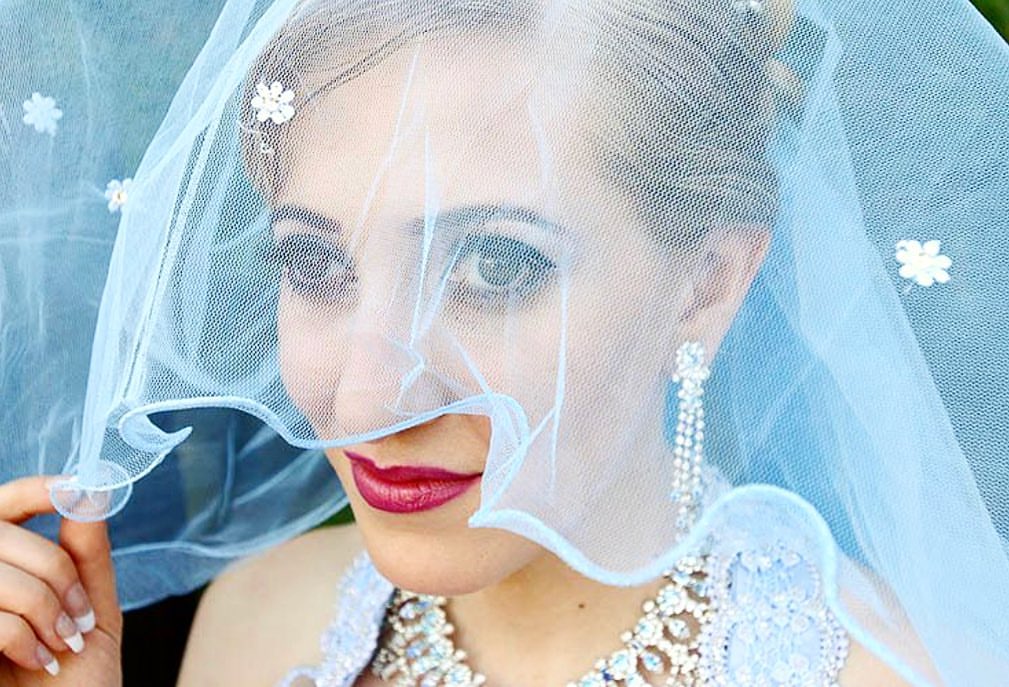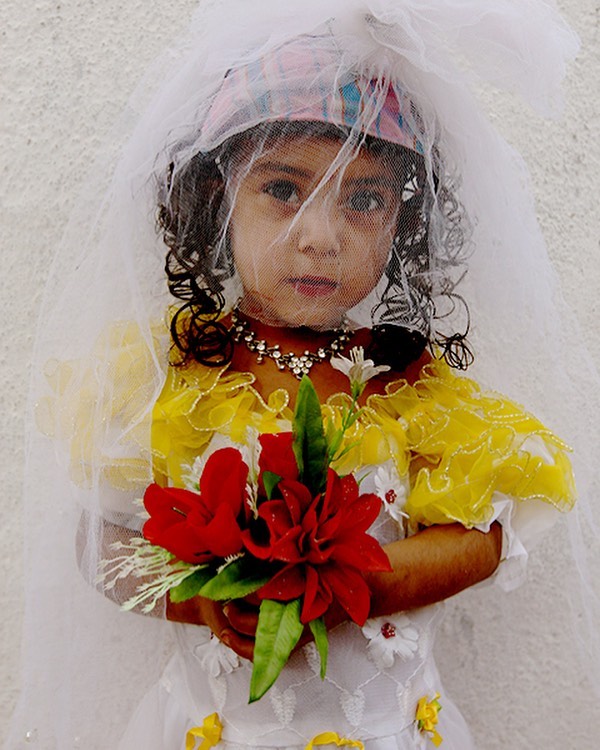Everyone in Afghanistan thinks that to bring about change they have to become politicians, and I think that’s wrong. No matter what you do, if you do it well you can bring change.
— Farzana Wahidy
Born in Kandahar, Afghanistan, Farzana Wahidy is a documentary photographer and photojournalist. Her practice is centred around the documentation of the lives of Afghan women and girls. Speaking about her history with the medium of photography she tells Zeke, “The life I had under the Taliban regime as a young girl was very tough. Education was forbidden for women, so we had to take a huge risk to attend classes in underground [secret] schools. It was a lot of pressure and I wanted to find a way to let my feelings out…. Most of the people in my country can’t read or write, so photography can be used as a great format to communicate and share information. It has become the best way to express myself as a woman here, and also try to help other women in my community.”

Farzana began her photographic career in 2004 and has been working with Afghan women since. “Sometimes, being a woman in this country means dealing with a lot of pressure, a lot of pain, and this forces me to take pictures”, she expresses in an interview with Zeke. She finds photography to be a way to let her frustrations out and to bring a sense of relief. At the outset of her career as a photographer in Afghanistan things were not easy as people were not used to seeing women photographers, especially from the region itself, and did things to intimidate and demotivate Farzana such as throwing stones at her. “It slowly became a bit more common, and now we have a lot of young girls who take pictures.”
Her motivation for photographing the lives of Afghan women stems from a desire to bring focus to this narrative. As she feels that in countries that are plagued by war, that becomes the central focus of the media and other narratives are marginalised. “I’m not saying completely, but they are affected a lot by it and are not as reported on as they should be. I think I felt responsible for them, and I still do,” she tells Zeke.
I think the life of Afghan women hasn’t been photographed or recorded as it should have been. If you study the history of Afghanistan at school, you only read about women from a very long time ago. But if you want to find a female role model among the women of our generation, it’s very difficult. As an Afghan woman photographer, I feel responsible to do something about it. Before, my goal was just to photograph a different image of Afghan women’s lives for foreigners. Now, I know that with photography I can do something for Afghanistan too: I have to record the lives of Afghan women at this sensitive time. I decided I will photograph Afghan women, not only in Afghanistan but also around the world, to bring a deeper understanding to the world of Afghan women. Women who have done something, who are recognized, but also who have a normal life, who are refugees. I want to record their lives so future generations have examples to look at. I want to make them part of our history.





















































